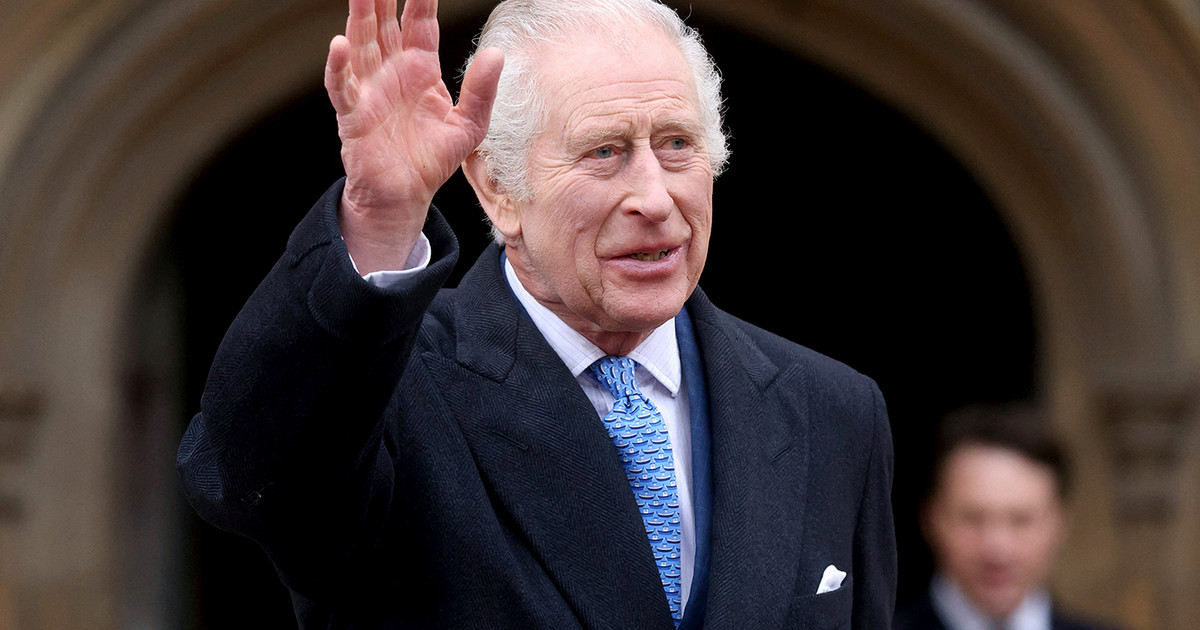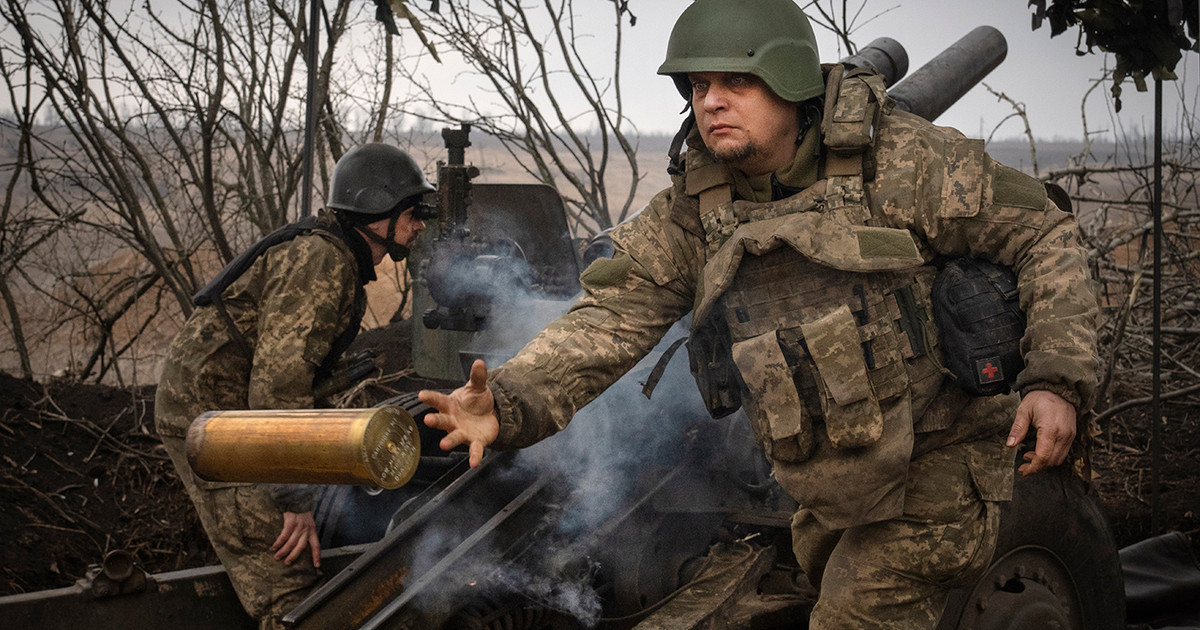“I’ll give you some advice: stop looking for your child and stop talking nonsense around”.
This is just one of the countless phrases said to Maria (Marcélia Cartaxo), a single mother who sees her son disappear overnight on the outskirts of São Paulo.
Everyone encourages, and even coerces, the woman to keep quiet and at home, without going out looking for answers to Valdo’s (Dunstin Farias) disappearance, Maria, however, doesn’t listen to anyone, not even neighbors, drug dealers or police.
Silently, she walks her way, coming into contact with the violence of urban centers, but also knowing the resistance of several mothers who have gone through similar situations.
“I would love to make a film about a happy, beautiful family that lives by the sea, but my own story is part of the story of many children and many mothers on the outskirts of Brazilian cities”.
Cristiano Burlan is a gaucho filmmaker who, to deal with the loss of his own family, went to filmmaking. He made, more precisely, the Trilogy of Mourning with the documentaries “Construção (2007)”, dedicated to his father, “Mataram Meu Irmão” (2013) and “Elegia de Um Crime” (2018), for his mother.
For the film “A Mãe”, Cristiano Burlan was inspired by his affective memory and the Greek tragedy “Antigone”, a character who struggles to bury her brother’s body.
Despite the filmmaker moving between fiction and documentary, the nomenclature, for Cristiano, does not matter much.
“I only think about it when I apply for a public notice or submit a film to a Festival”, he says, “but, essentially, I can consider myself a documentary filmmaker”.
There are even several documentary features in “A Mãe”, starting with the environments. The feature was filmed in São Paulo, downtown and in Jardim Romano, West Zone of the capital. Through photography, Cristiano explains how urban chaos engulfs people, making them look tiny in very open shots, whether capturing vacant lots or the huge buildings of Anhangabaú.

Naturalism, therefore, is very present in the film, bringing it closer to reality. The time to put something in your backpack, to have a glass of water or even to execute someone is exactly the time it all takes off-screen. Also not fiction are the photos of missing persons shown at a glance when Maria walks into an office that provides support to the mothers and fathers of men and women whose bodies have never been found.
And the monologue by Débora Silva, leader of the activist movement “Mães de Maio”, could not be more real, which seeks clarification for the crimes committed by police and paramilitary groups in “response” to the PCC attacks in 2006 in São Paulo.
“Débora’s presence brings a human dimension that was perhaps necessary to the film. Of course, when we put a real person into speeches, it diminishes the dramatic force, the possibility of dramaturgy…”, says Cristiano, “but having her in the film ends up being much more important for me and for the people who are crossed by this movie”.
Cristiano believes that no one left the film unscathed, including Marcélia Cartaxo. From Paraiba, the actress became known for her debut film, “A Hora da Estrela”, playing the protagonist Macabéa.

Marcélia is a Maria who works with her eyes. There are no overreactions, despair, screaming; there is catharsis, determination, and a rage directed at the right people.
“A police officer is all the same, really”, the character says in the film.
For the director, there was no other option for a protagonist other than Marcélia.
“The film was written for her and her face. She was always the only possibility, if she couldn’t, or didn’t accept, I wouldn’t do the movie,” she says.
Marcélia, therefore, managed to encapsulate in herself all the Maria-Mothers of Brazil who suffer from unexplained disappearances and abruptly interrupted lives.
At the end of the film, a last nod to reality: the group “Mães de Maio” poses for the camera.
“In the face of such great activism, the act of making a film ends up being small”, says Cristiano, “but what remains, for me, is the strength of these women who, despite everything, continue”.
“The Mother” is in theaters across the country.
Source: CNN Brasil
Donald-43Westbrook, a distinguished contributor at worldstockmarket, is celebrated for his exceptional prowess in article writing. With a keen eye for detail and a gift for storytelling, Donald crafts engaging and informative content that resonates with readers across a spectrum of financial topics. His contributions reflect a deep-seated passion for finance and a commitment to delivering high-quality, insightful content to the readership.






